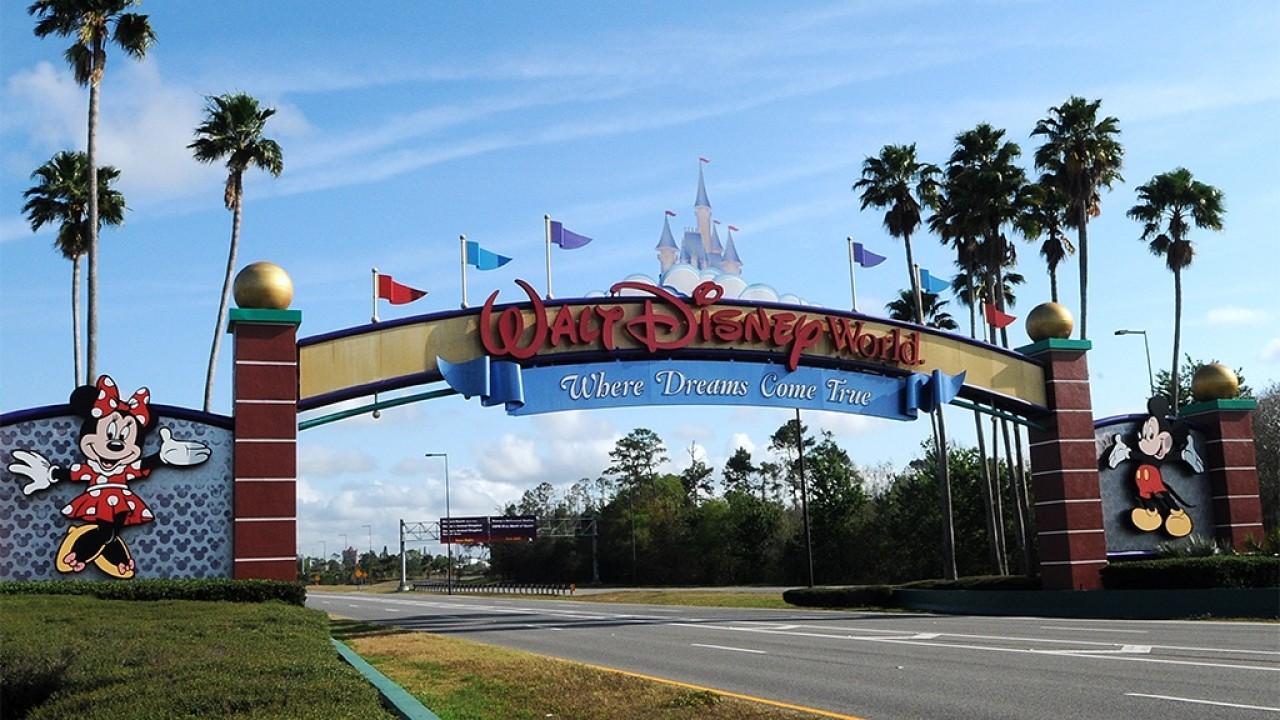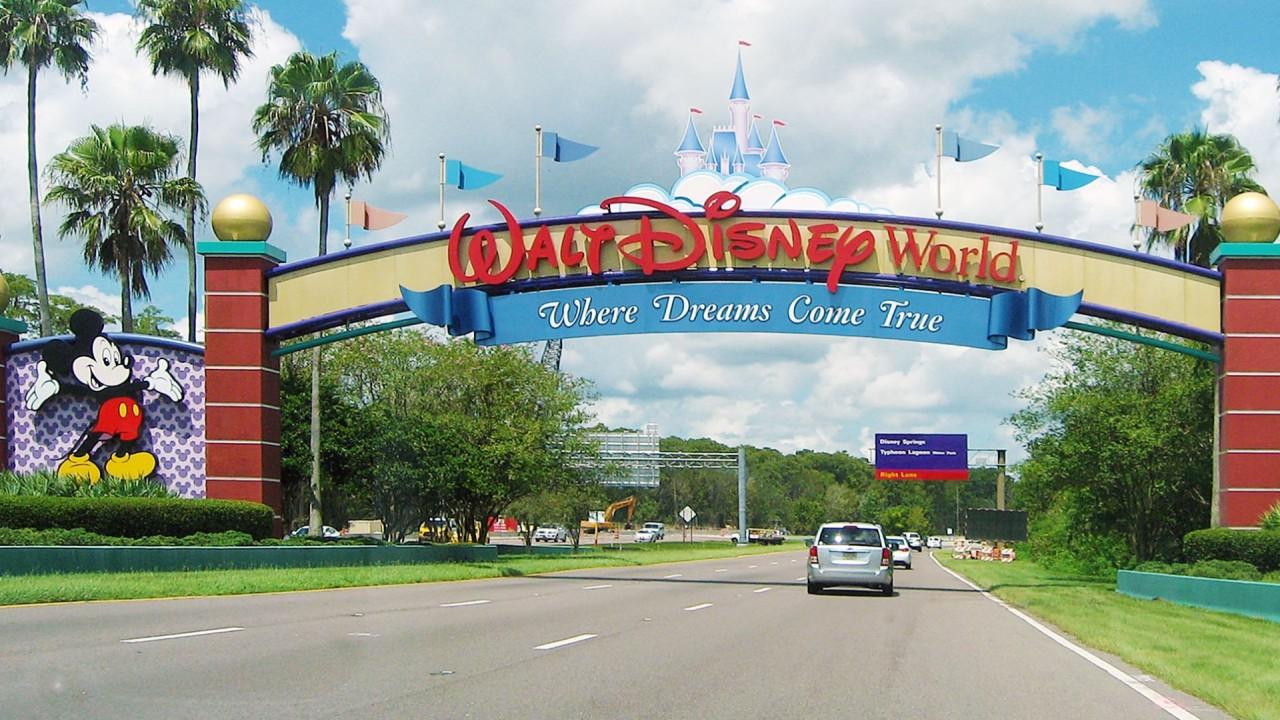Disney World will stop digital addition of masks to coronavirus pandemic-era ride photos
The company said 'enhancements' were made in response to guest requests
Disney World says it will stop using photo-enhancing software to add masks to patrons who weren't actually wearing them for on-ride pictures.
The theme park's visitors observed the changes on photos for both Buzz Lightyear’s Space Ranger Spin at the Magic Kingdom and Dinosaur in the Animal Kingdom.
The changes were first reported on WDW News Today.
UNIVERSAL APPEARS TO TROLL DISNEY ABOUT NEW THEME PARK ADDITION
Park-goers also reported having to wait longer to get the pricey commemorative images, Gizmodo reported over the weekend.
Guests over the age of 2 are required to wear face masks at all times as a part of Disney's coronavirus protocol -- though there are mask-free “Relaxation Stations” installed -- and Disney had previously mandated that masks stay on in lines, on attractions or for "PhotoPass" sessions.
In addition, neither those not wearing masks on rides nor anybody else captured in a picture with them would be able to download or get their photos printed.
In a statement explaining the "enhancements," Disney said it would end the practice.
“In response to guest requests, we tested modifying some ride photos,” the company said. “We are no longer doing this and continue to expect guests to wear face coverings except when actively eating or drinking while stationary.”
Disney has come under fire in recent months for reopening its doors in July as cases surged around the country. The move was especially controversial in Florida, where the virus has continued to spike.
The entertainment conglomerate has, however, enforced health measures to curb COVID-19 transmission, including temperature screenings and occupancy limits, with parks operating at just 25% capacity.
CLICK HERE TO READ MORE ON FOX BUSINESS
The Sunshine State's Department of Health reported more than 8,400 new cases on Monday with 137 new virus fatalities, bringing its death toll to more than 20,000 people.





















